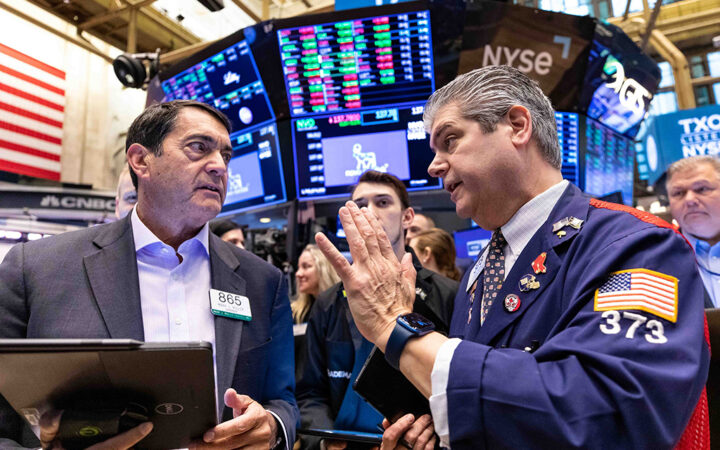
Let’s talk web3, crypto, Metaverse, NFTs, CeDeFi, meme coins, and Stocks, and focus on multi-chain as the future of blockchain technology. Let us all WIN!
Flipkart recently announced the launch of Shopsy, aimed at driving local entrepreneurship.

Indian retailer Flipkart, owned by Walmart Inc (NYSE: WMT), raised $3.6 billion, exceeding the expected $1 billion. This value gives a post-money valuation of $37.6 billion and marks the pre-IPO funding round. Flipkart intends to go public early next year, raising its valuation to $50 billion.
The funding was the biggest in the history of Indian start-ups and was led by Walmart. Other leaders were SoftBank Vision Fund 2, GIC, and Canada Pension Plan Investment Board (CPP Investments). Sovereign wealth funds (SWF) also took part, namely DisruptAD, Khazanah Nasional Berhad, Qatar Investment Authority, and Tencent, Antara Capital. Adding to the list were Willoughby Capital, Tiger Global, and Franklin Templeton.
Notably, the round marked the re-investment of SoftBank Holding Company. The company has pulled out in 2018 after Flipkart sold 77% of its stakes to Walmart for a $22 billion valuation.
Flipkart’s biggest rival in India is Amazon.com Inc (NASDAQ: AMZN), which has invested $6.5B+ in the South-Asian market. The pair have added the Hindi language and elaborated with neighboring stores to reach a wider population. Flipkart, particularly, has added several other Indian languages.
Flipkart has also registered more than 350 million users across its services in the country and invested in strategic warehousing. Flipkart also makes deliveries to 90%+ of the addressable pin-codes in the country.
Moreover, since the latest funding round, Flipkart has expanded to smaller towns and cities. The conglomerate has also diversified its products to include groceries and furniture. Forming endeavors in social commerce, Flipkart recently announced the launch of Shopsy, aimed at driving local entrepreneurship.
However, e-commerce platforms have been met with intense competition from the still dominant physical stores. Additionally, India banned their flash sales and affiliate entities to curb unfair competition. The flash sales, akin to the US Black Friday and Cyber Monday, are allegedly forcefully pushing out brick-and-mortar stores.
Nevertheless, the South Asian e-commerce market, which is the fastest-growing in the world, is bound to grow even further. This is attributed to increased smartphone adoption, cheap mobile data, and increased online shopping by new internet users.
Statistics from Bain & Company management consulting firm, estimate that India’s e-commerce market will reach over 300 million shoppers by 2025. The firm also projected that online purchases would be amounting to over $100 billion.
Other Indian start-ups have intentions to go public including Zomato food delivery, payment service PayTM, and ride-hailing service Ola. According to Refinitiv, India’s IPOs in the first half of 2021 were worth $3.6 billion, up threefold year-over-year. The value is also the highest since 2008.
Disclaimer: Coinspeaker is committed to providing unbiased and transparent reporting. This article aims to deliver accurate and timely information but should not be taken as financial or investment advice. Since market conditions can change rapidly, we encourage you to verify information on your own and consult with a professional before making any decisions based on this content.

Let’s talk web3, crypto, Metaverse, NFTs, CeDeFi, meme coins, and Stocks, and focus on multi-chain as the future of blockchain technology. Let us all WIN!




